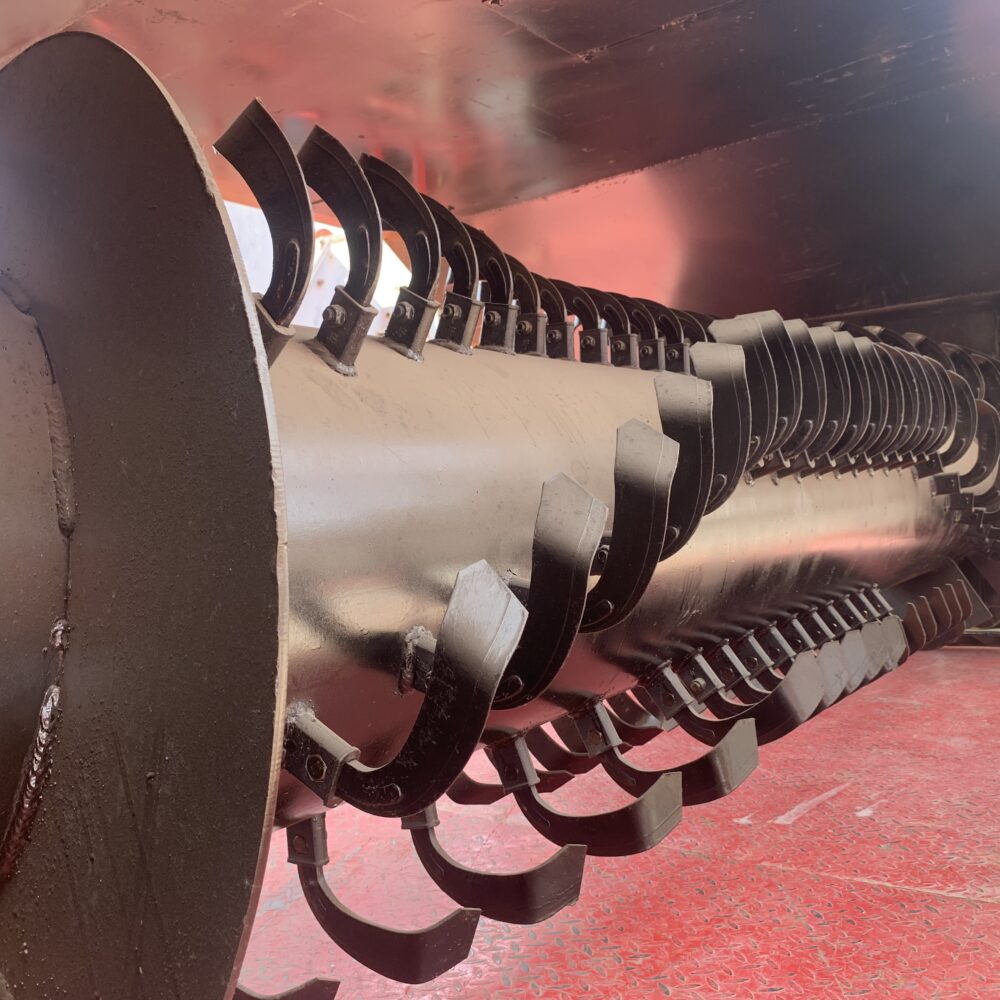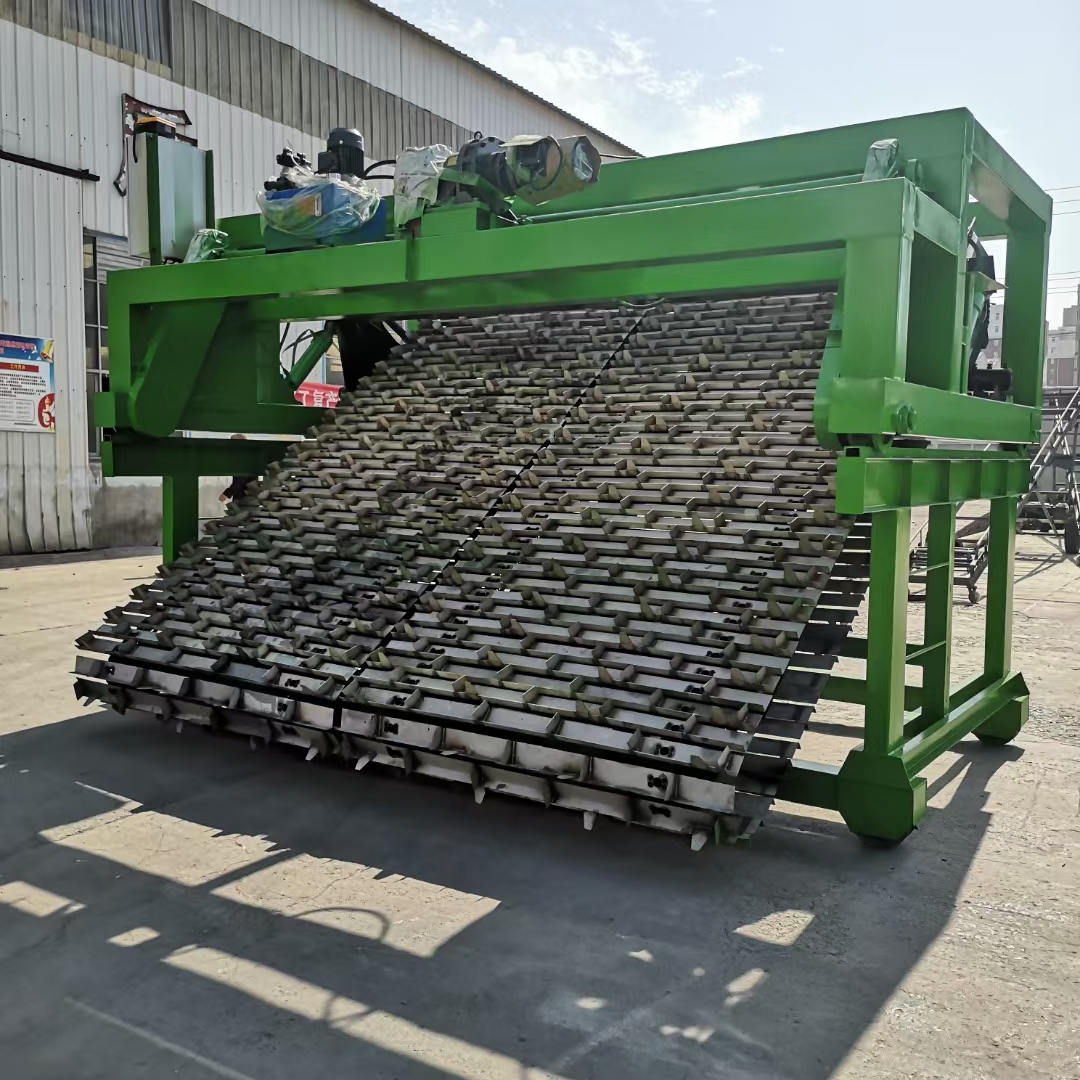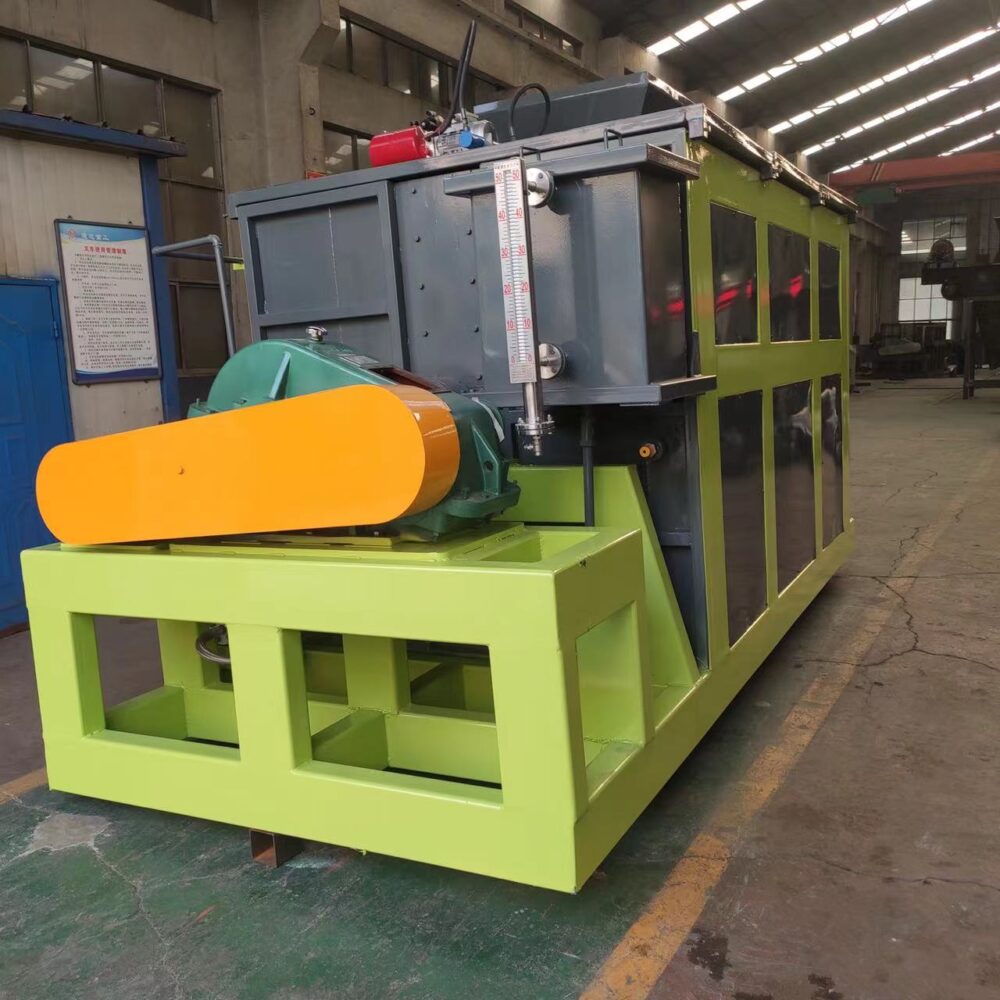The Legal Landscape of Compost Turning Machines: Navigating Regulations and Trade Agreements

Did you know that the global composting market is projected to reach a staggering $8 billion by 2027? As more industries recognize the importance of sustainable waste management, compost turning machines have become essential tools in this green revolution. However, with great innovation comes the need for stringent legal frameworks.
Understanding Compost Turning Machines and Their Regulatory Features
Compost turning machines are designed to aerate and mix organic materials, accelerating the decomposition process. From a legal standpoint, these machines must comply with various regulations concerning environmental safety and operational standards. In addition to national laws, international trade agreements play a crucial role in shaping how these machines are manufactured and distributed across borders. Compliance with treaties ensures that manufacturers meet specific quality benchmarks while promoting eco-friendly practices globally.
Diving Deeper into Fertilizer Equipment Production within Trade Agreements

The production of fertilizer equipment, including compost turning machines, is significantly influenced by trade agreements. These treaties often dictate tariffs on imported machinery as well as standards for product safety and environmental impact. For instance, countries involved in free trade agreements may experience reduced barriers when exporting innovative composting technologies. This not only fosters competition but also encourages adherence to best practices regarding sustainability—an increasingly vital aspect of agricultural policy worldwide.
Xincheng’s Unique Position in Trade Agreements
Xincheng stands out due to several key characteristics related to trade agreements:
- Compliance Expertise: Xincheng has established itself as an industry leader by ensuring its products meet both local regulations and international standards.
- Sustainable Practices: The company prioritizes environmentally friendly manufacturing processes that align with global sustainability goals outlined in various treaties.
- Diverse Market Access: Through strategic partnerships formed under bilateral trade agreements, Xincheng can access new markets efficiently while minimizing costs associated with tariffs.
- Innovation Incentives: Participation in international collaborations allows Xincheng to stay at the forefront of technological advancements within the composting sector.
- Cultural Adaptability: Understanding regional regulatory nuances enables Xincheng to tailor its offerings effectively across different jurisdictions.
A Concluding Perspective on Compost Turning Machines Within Trade Frameworks
The intersection between compost turning machines and legal frameworks reveals much about our commitment to sustainable development through effective waste management solutions. By adhering to relevant regulations and leveraging opportunities presented by trade agreements like those impacting fertilizer equipment production, companies such as Xincheng can lead the charge toward greener futures while navigating complex legal landscapes successfully.

Leave a Comment